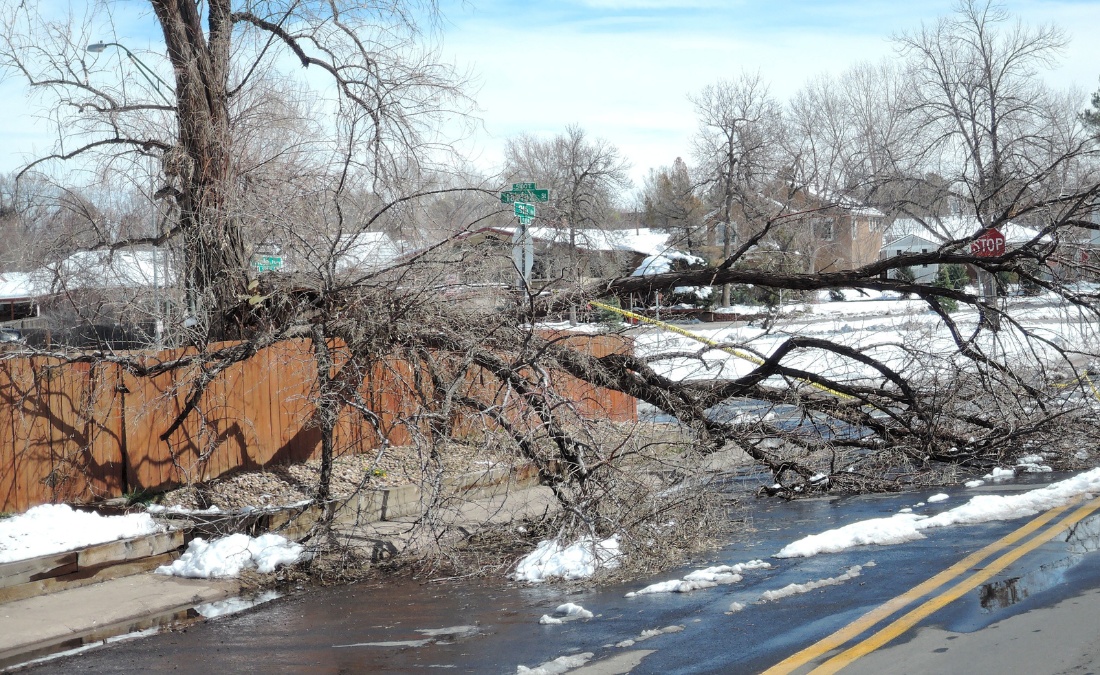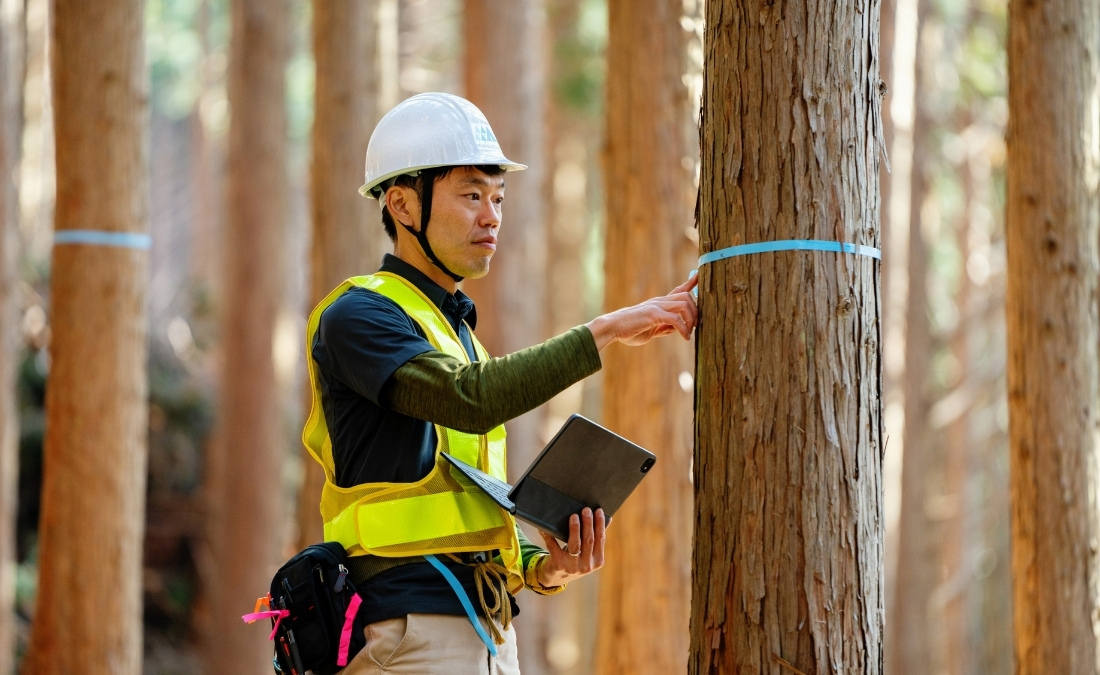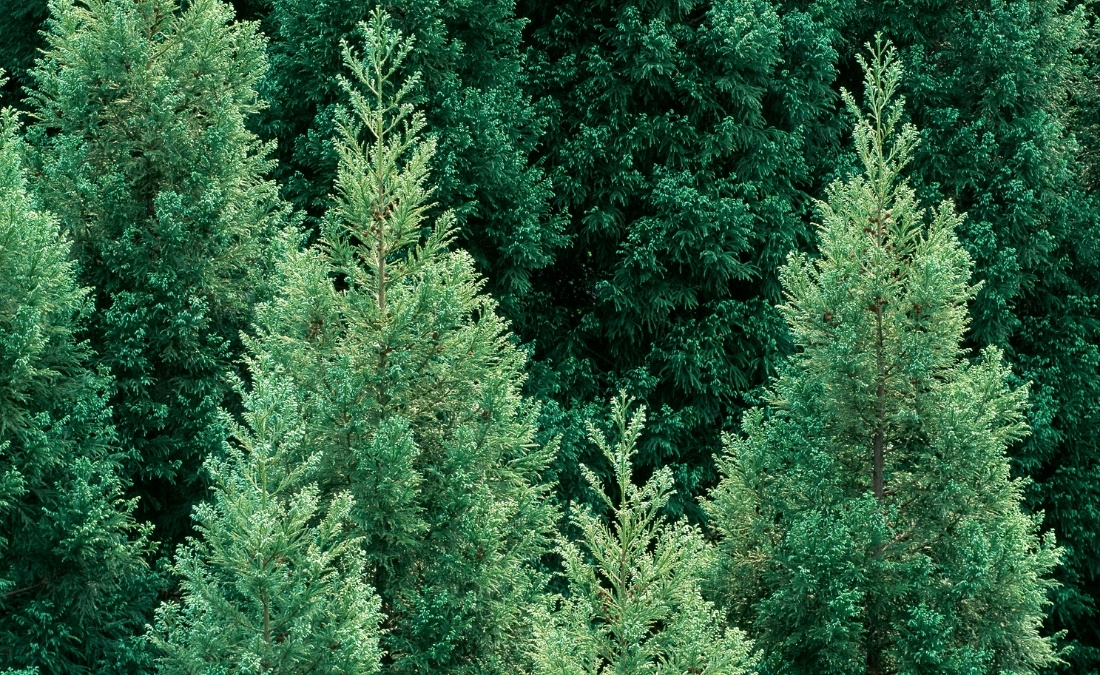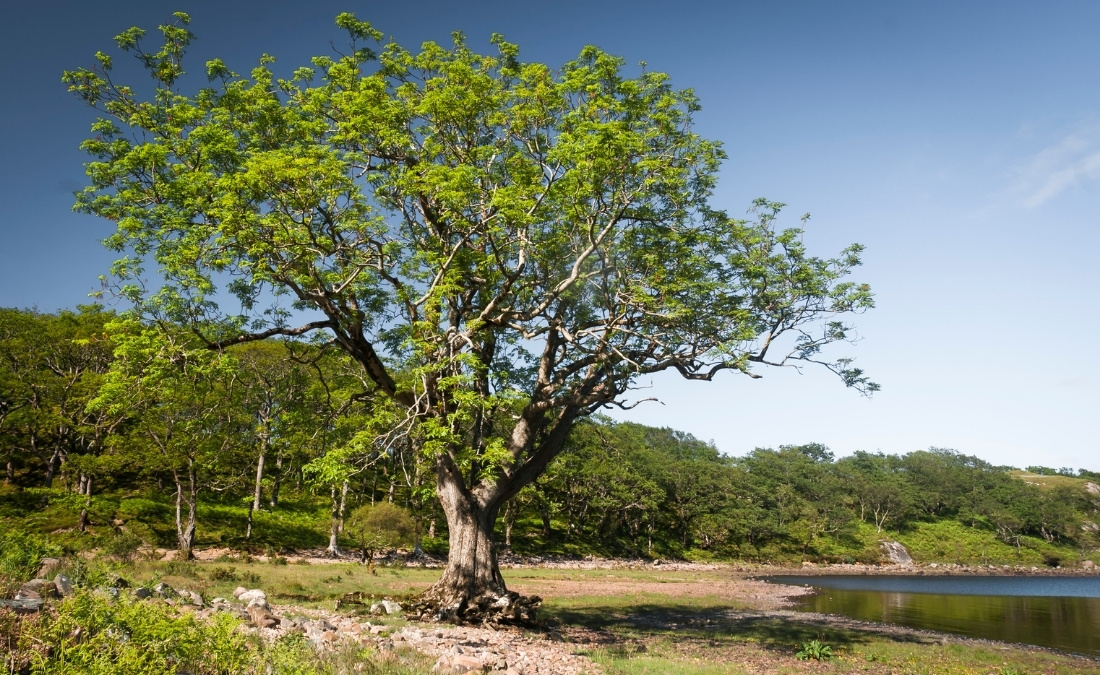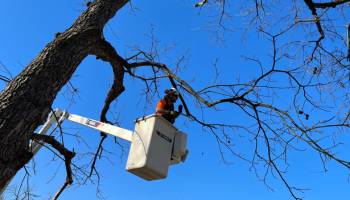Fall Fertilization: The Key to Healthy Trees
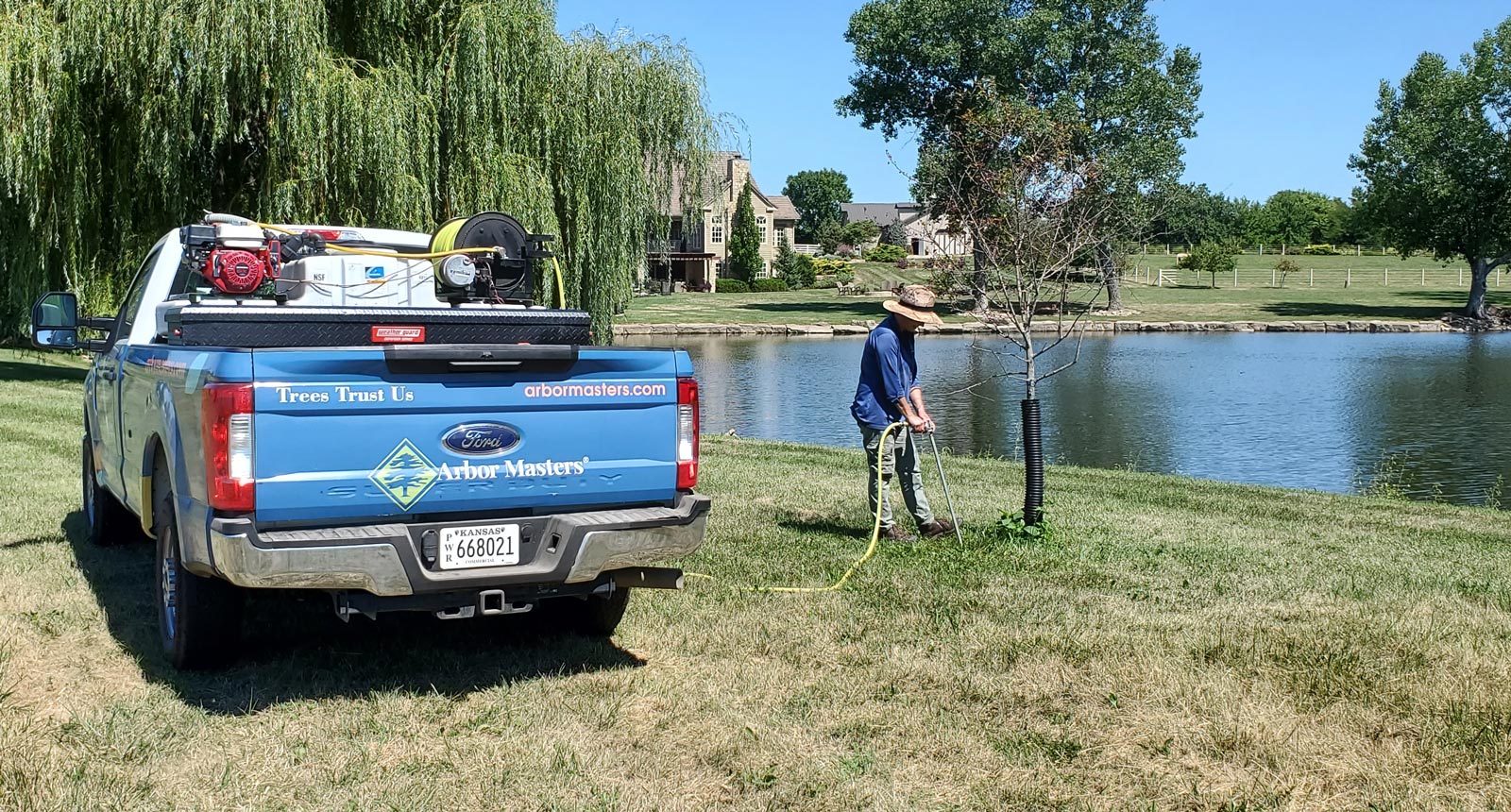
Temperatures are going down, the leaves are starting to turn and local plant care is just as important now as ever; when should I start to think about fertilization?

Temperatures are going down, the leaves are starting to turn and local plant care is just as important now as ever; when should I start to think about fertilization?
As trees in their local area are beginning to change, many of our customers have called in about their own tree care as many are showing signs of distress. In 2022, the Midwest experienced a roller coaster of bitter cold temperatures in the winter and prolonged heat and drought in the summer.
That volatility has taken a toll on trees and shrubs across the region, drastically harming the vital nutrients they need to thrive.
Don’t get too worried just yet! We can help you replace those lost nutrients with a fall fertilization treatment that will feed them during the winter and help promote new growth in the spring. Properly fertilized trees and shrubs are less prone to stress and can better resist disease and insects in the spring.
If you are thinking about fertilizing your trees this fall, we’ve made a list of things to consider for your unique situation.
Fertilization 101
Should I fertilize trees in the Fall?
 The fall season is the best time to fertilize your trees. The cooler temperatures and longer nights help trees enter a state of dormancy, during which they slow their growth and prepare for winter. Fertilizing your trees in fall helps them store up nutrients and energy to survive the colder months.
The fall season is the best time to fertilize your trees. The cooler temperatures and longer nights help trees enter a state of dormancy, during which they slow their growth and prepare for winter. Fertilizing your trees in fall helps them store up nutrients and energy to survive the colder months.
When do you fertilize trees in Fall?
Fall is a great time to fertilize your trees. However, trees can be fertilized year-round. Arbor Masters offers a 4 seasonal carbon-based fertilization program, each specifically designed to provide optimum health and nutrients for trees and shrubs throughout the year. Additives to the fertilization include an insecticide in the spring for pest control and a kelp additive in the winter to promote root development.
Should you fertilize fruit trees in the Fall?
Fertilizing fruit trees in fall is just as important as other species of trees. Fertilization helps them store up nutrients and energy to make it through the winter and produce healthier fruits and seeds through the rest of the year. Fall is the best time to fertilize your fruit trees to ensure their safety during cold and drought-ridden months.
Should you fertilize evergreen trees in the Fall?
You can fertilize trees in the fall. In addition, evergreens would benefit more from an anti-desiccant treatment. An anti-desiccant spray provides a protective waxy coating that helps the trees retain moisture that would normally be lost through drying, cold winter winds.
How often should you fertilize trees?
The frequency of fertilization depends on the needs of your specific tree species. Some trees may need to be fertilized every year, while others may only need it every few years. Additionally, newly planted or young trees and shrubs can greatly benefit from frequent fertilization as they continue to adapt to their new environment. Contact our tree care experts at Arbor Masters for advice on how often to fertilize your trees.
Optimum Fertilization

How do you know if a tree needs Fall fertilizer?
If your trees are showing signs of stress, such as early leaf drop, branch die-back or lack of growth, they may need a fall fertilization treatment. Stressed trees can suffer from a lack of nutrients, which can be replaced with fertilizer. Fertilized trees are less prone to stress and can better resist disease and insects in the spring.
To get started on your fall fertilization program, contact our tree care experts at Arbor Masters to get your free estimate. We can help you choose the right fertilizer for your trees and apply it at the root zone for maximum absorption.

Get the latest local news, tree care tips, special offers, and company updates directly to your inbox! It's easy to subscribe and there's no spam - we promise.
"*" indicates required fields

